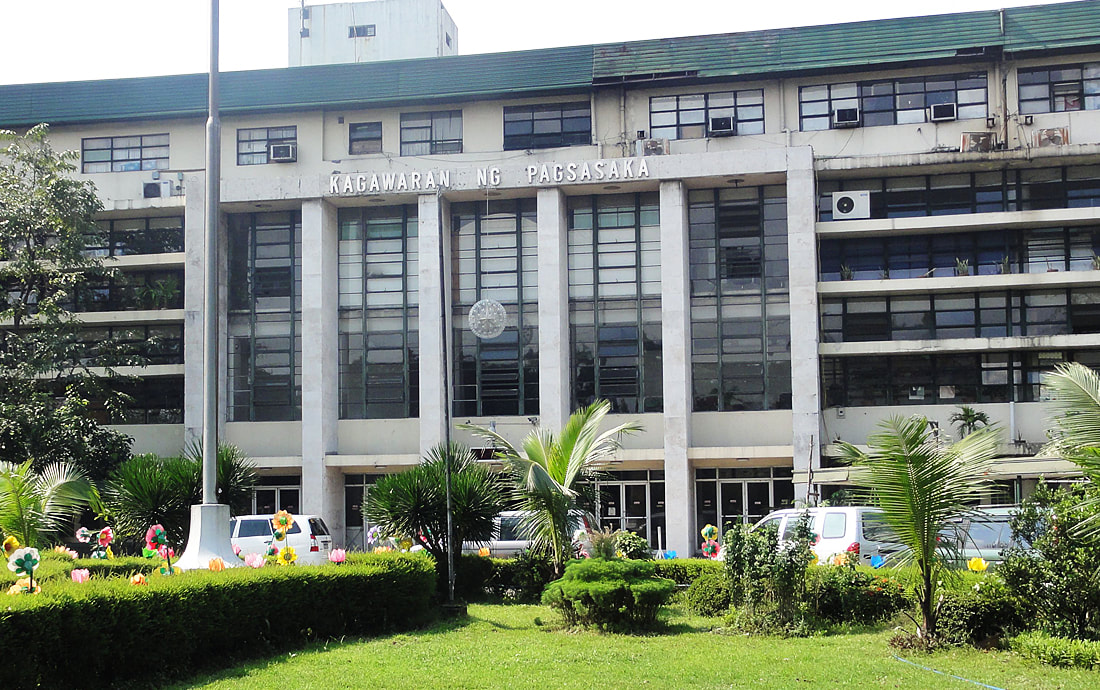|
Experts from DA, NAST cite adverse effects
of GM crops moratorium on food security A recent court decision has stopped the production of two genetically modified crops, Golden Rice and Bt eggplant, which could impact the country’s food security, according to the Department of Agriculture (DA) and scientific advisors.
The DA announced it is considering legal options after the Court of Appeals (CA) issued a cease-and-desist order on April 17 against the commercial growth of Golden Rice and Bt eggplant. The biosafety permits granted to the crops’ developers, the Philippine Rice Research Institute (PhilRice) and the University of the Philippines Los Baños, were also revoked. The government's legal team, led by the Office of the Solicitor General, is looking into ways to address the implications of the CA order on food security. In light of this, the DA is refraining from further comments on the issue. Golden Rice, developed by PhilRice with the International Rice Research Institute, is the first genetically modified rice variety designed to improve nutrition. It contains elevated levels of beta-carotene, which the body converts into vitamin A. Bt eggplant, on the other hand, is engineered to be resistant to eggplant fruit-and-shoot borer by incorporating a natural protein from the soil bacterium Bacillus thuringiensis. The National Academy of Science and Technology (NAST), under the Department of Science and Technology (DOST), expressed concerns about the court decision to impose a moratorium on Bt eggplant and Golden Rice as it fears that it delay much-needed innovations. NAST reiterated its support for modern biotechnology in plant breeding, emphasizing the benefits it has brought, such as improved crop varieties and medical technologies like vaccines and antibiotics. The academy disagreed with the CA's use of the “precautionary principle,” which places the burden of proof on technology developers to ensure absolute safety. It argued that no technology is entirely risk-free but stressed that both Golden Rice and Bt eggplant have undergone regulatory measures to ensure their safety for human consumption and the environment. The CA's ruling directed government agencies to enhance risk assessments and monitoring protocols for genetically modified organisms (GMOs). However, NAST scientists underscored over 20 years of evidence indicating that Bt eggplant could improve farmer income and health by reducing losses from insect damage and decreasing reliance on harmful pesticides, all without harming consumers or the environment. |


